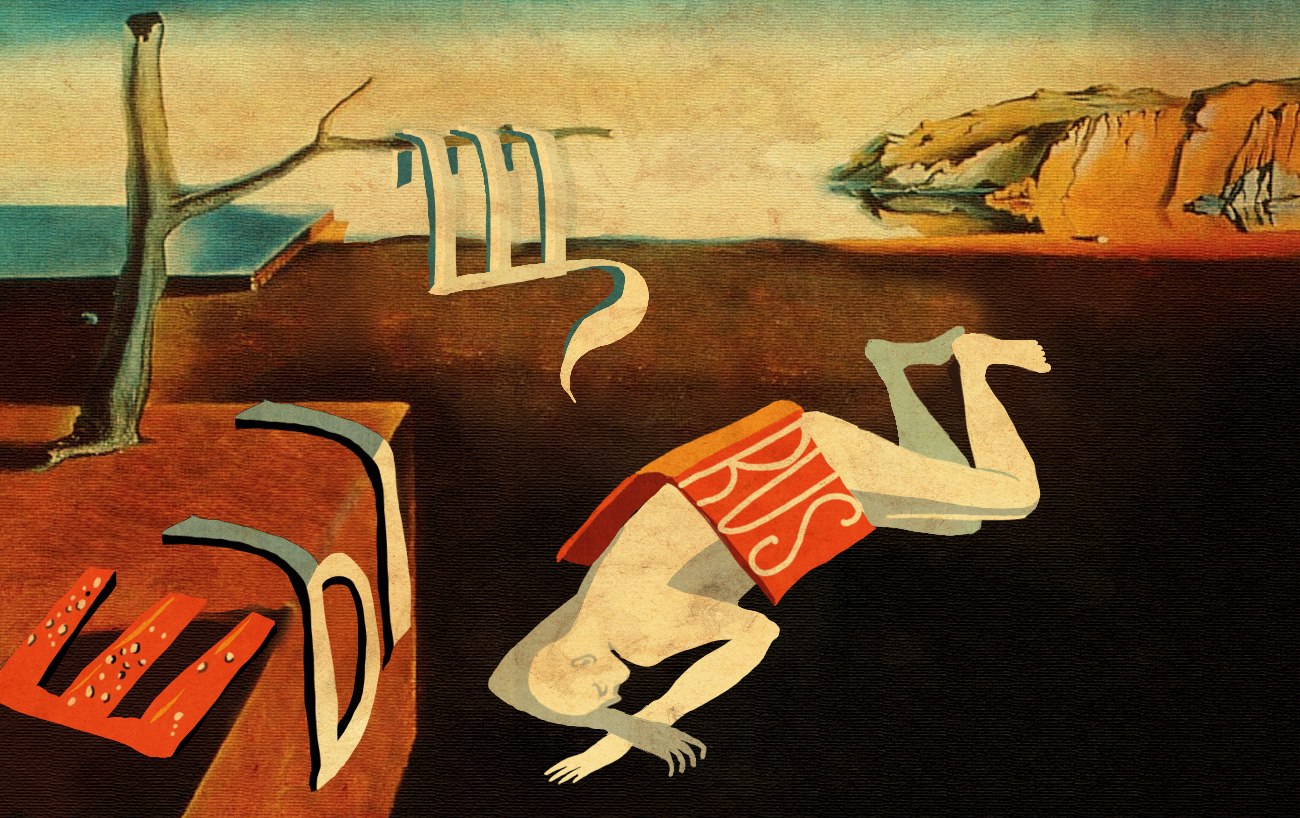Why is the Russian language so difficult?
 The stresses can fall on any syllable in a word and do so in a seemingly arbitrary manner, unlike in languages such as French, in which pronunciation follows a clear pattern. Source: Каterina Lobanova
The stresses can fall on any syllable in a word and do so in a seemingly arbitrary manner, unlike in languages such as French, in which pronunciation follows a clear pattern. Source: Каterina Lobanova
The first thing that stood out to Japanese translator Mayu Okamoto the first time she saw written Russian was that there were a lot of unfamiliar characters. From the very beginning, foreign students used to the Latin script—most foreign students in Russia know at least some English—immediately realize that Russian is completely different.
Unknown letters
Natalya Blinova, a private teacher of Russian as a foreign language, says her foreign students start fidgeting nervously when they learn that there are 33 letters and even more sounds in the Russian language. Furthermore, sometimes letters are pronounced differently than they are written. For example, Russians pronounce “horosho” (good) as if it were written “harasho.” Some of the language’s letters and sounds exist only in Russian.
Pronouncing the letter “ы” is the biggest challenge for many students of Russian. One English-speaking student described the struggle in an online discussion. “My Russian friend suggested saying the word table and isolating the sound between the b and the l, but it just isn't working for me.” Once a student manages to pronounce “ы,” there are more challenges lying in wait. For example, the difference between the letters “ш” and “щ.” Blinova says her students are generally unable to differentiate these two letters by sound and are forced to rely on the “tail” in “щ” to tell the difference.
Foreign students also have difficulty understanding where to put the stress in Russian words. The stresses can fall on any syllable in a word and do so in a seemingly arbitrary manner, unlike in languages such as French, in which pronunciation follows a clear pattern. In some cases the stress can also change depending on the word form. “Russian stresses are unpredictable,” says Anna Solovyova, a teacher at Moscow State University's Institute of Russian Language and Culture. “It is virtually impossible to understand why we say ‘stol - stolY,’ (tables) but ‘telefon – telefOny’ (phones).”
Six cases
Let's assume a foreign student has mastered the rules of Russian phonetics and learned to pronounce words correctly. The next challenge is grammar. “The most difficult part for me was to memorize the six cases in Russian,” says German student Simon Schirrmacher. It took him a year of living in Russia before he became at least somewhat comfortable with the cases.
Russian cases are particularly difficult for students whose native languages don't have cases or in whose languages cases do not affect the structure of words. “I simply could not believe that using a particular case means you have to change the words!” Okamoto recalls. “It’s crazy. And then there were the conjugations of verbs. Every time you wanted to say a phrase you had to stop and think how to change every word, which form to choose.”
Difficult verbs
One part of Russian grammar that is particularly difficult for foreign students to understand is how to use perfective and imperfective verbs. “I very much hope that at some point I will understand this topic,” Schirrmacher says politely, but without much hope in his voice. Okamoto, describing her experience with verbs, said, “I remember reading the illustrated textbook over and over again, trying to grasp the difference between ‘prishel’ (arrived) and ‘prihodil’ (used to come). What was the meaning of this? Where was that guy? Had he left or had he stayed? It was terrible.”
Verbs of motion are a challenge in their own right because there are so many of them in Russian, Blinov explains. “For example, the simple Italian verb ‘andare’ (to go) has the Russian equivalents ‘hodit'’ (to go somewhere and back by foot), ‘idti’ (to go by foot but one way), ‘poyti’ (to set off by foot), ‘ehat'’ (to go one way in some sort of vehicle), ‘poehat'’ (to set off in some sort of vehicle) and ‘ezdit'’ (to go in a vehicle both ways).” Solovyova’s personal favorite is the verb “katat'sya,” which can be translated roughly as “to use a vehicle for recreation rather than for transportation.” To make foreign students' lives even more difficult, various prefixes can be added to all these verbs, changing the meaning in the process.
The bright side
Don’t despair though. In some ways Russian is easier to learn than other languages. The teachers interviewed by RBTH point to the absence of articles and the fact that there are only three tenses, fewer than most European languages.
Solovyeva believes that Russian is no more difficult to learn than, for example, English and says you just need to get used to it. “If foreigners started studying Russian in early childhood, as is the case with English, they would not consider it to be that difficult.” Blinova points out that languages such as Mandarin or Arabic are more difficult than Russian.
“In Russian, almost all of the terrible grammar ends at Level А2,” Blinova notes. “Once you've reached that point, you get the freedom of usage and can fully enjoy the great and beautiful Russian language.”
This article is part of the "Why Russia…?" series in which RBTH answers popular questions about Russia.
Read more: ‘Dear Leonid Ilyich’: jokes about Soviet leader Leonid Brezhnev>>>
If using any of Russia Beyond's content, partly or in full, always provide an active hyperlink to the original material.
Subscribe
to our newsletter!
Get the week's best stories straight to your inbox

